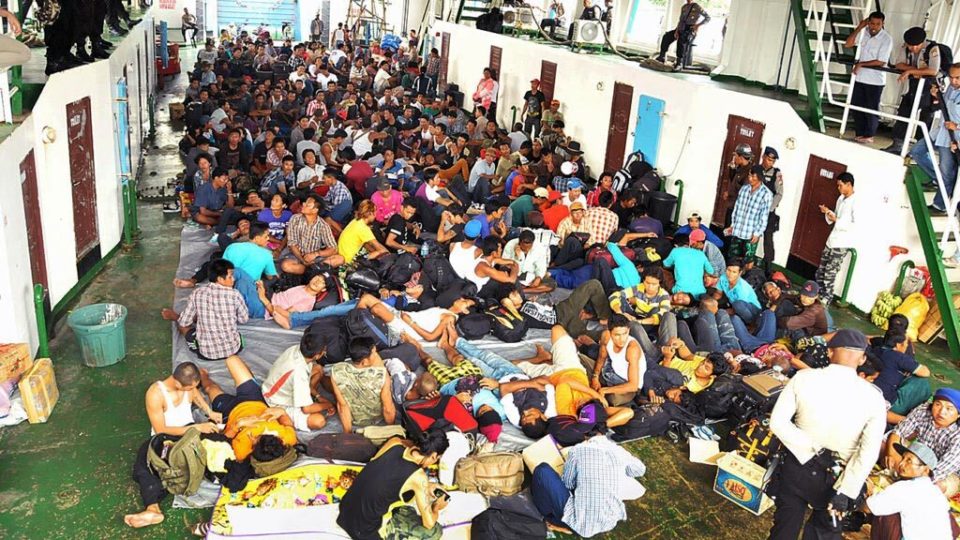
Modern slavery is a global crisis hidden in plain sight
NGOCSTIP – In a world that prides itself on progress, technology, and human rights, the dark reality of modern slavery remains a silent wound beneath the surface of globalization. While borders have opened for trade and travel, they have also given rise to one of humanity’s most disturbing and persistent crimes human trafficking. This hidden industry, often referred to as the silent trade, continues to thrive across continents, exploiting millions of men, women, and children for labor, sex, and servitude.
Modern slavery is not confined to a specific country or region. It transcends geography, class, and culture. According to data from the International Labour Organization (ILO), an estimated 50 million people worldwide are currently trapped in some form of modern slavery. These include victims of forced labor, sexual exploitation, domestic servitude, child trafficking, and organ trade.
In an era of instant communication and cheap travel, traffickers have adapted faster than law enforcement agencies. Globalization, while connecting markets and cultures, has also expanded criminal opportunities. Criminal networks now use digital platforms, fake recruitment agencies, and social media advertisements to target vulnerable individuals, especially in developing nations. These networks move victims seamlessly across countries, blending illegal operations into legitimate industries such as construction, agriculture, shipping, and domestic work.
Many victims end up in foreign countries where they do not speak the language and have no support system a situation traffickers exploit to maintain control. Once trapped, escape becomes nearly impossible. What makes this trade particularly difficult to combat is that it operates within legal industries. The demand for cheap labor in wealthier countries indirectly fuels the exploitation of people in poorer regions. Every “bargain” product or underpaid service can have an unseen human cost.
Behind every statistic is a story of loss and resilience. Take, for example, the case of a young woman from Southeast Asia who was promised a job as a waitress in Europe. Upon arrival, her passport was taken, and she was forced into sex work under constant surveillance. Or a teenager from Africa recruited as a construction worker in the Middle East, only to have his wages withheld and his movement restricted.
Human trafficking is not a random crime it is a multi-billion-dollar industry. The United Nations Office on Drugs and Crime (UNODC) estimates that it generates over $150 billion annually, making it the third-largest criminal enterprise in the world, after drug and arms trafficking. The economics are brutally simple: humans are cheap, reusable, and profitable. Unlike drugs or weapons that can only be sold once, traffickers can exploit a person repeatedly for years. The victims are often forced to work under extreme conditions with no pay, while their “owners” reap the rewards. From illegal mining operations in Africa to sweatshops in South Asia and domestic servitude in the Middle East, the patterns remain eerily similar — people turned into commodities in a market driven by greed and apathy.
Despite global awareness campaigns, prosecuting human traffickers remains incredibly difficult. Many victims fear coming forward due to shame, trauma, or threats to their families. Others are deported before investigations can take place.
Despite these challenges, there are signs of progress. International organizations, NGOs, and local governments are uniting to dismantle trafficking networks and provide safe havens for survivors. Grassroots movements are also gaining strength. Communities once vulnerable to traffickers are now educating citizens about the warning signs of recruitment scams. Survivors, too, are stepping forward to share their stories turning their pain into power to protect others.
Modern slavery thrives on silence, which means awareness is our strongest weapon. Here’s how individuals can contribute to the fight:
Modern slavery may operate in the shadows, but its victims cry out in the language of silence through exhaustion, fear, and despair. The responsibility to end this silent trade belongs to all of us governments, corporations, and citizens alike.